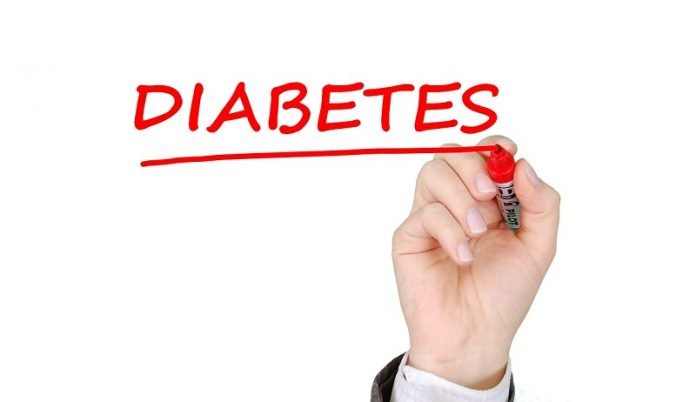
Scientists from Ludwig-Maximilians University found that two common herpes viruses may contribute to impaired metabolism and increased risk of type 2 diabetes among infected people.
The research is published in Diabetologia and was conducted by Dr. Tim Woelfle et al.
Herpesviruses are one of the most prevalent viruses in humans, with eight types currently known: herpes simplex viruses (HSV) 1 and 2, varicella-zoster virus (VZV), Epstein-Barr virus (EBV), cytomegalovirus (CMV) and human herpesviruses (HHV) 6, 7 and 8.
All of them cause lifelong latent infections in their hosts after an initial, usually mild or asymptomatic, primary infection.
Type 2 diabetes is one of the most widespread and important metabolic diseases.
There are many risk factors for type 2 diabetes, but until recently, viruses had only been proposed as playing a role in the development of type 1 diabetes, in which the pancreas stops producing enough insulin.
In the study, the team examined health data for 1,967 people in the south of Germany.
Participants underwent detailed health examinations at baseline (2006-2008) and at follow-up (2013-2014).
Further analyses of blood samples were performed to detect antibodies to 7 of the 8 known human herpesviruses.
The team found among the seven herpesviruses examined, HSV2 and CMV were linked to the incidence of (pre)diabetes among people with normal glucose tolerance at the beginning of the study.
Individuals with HSV2 were 59% more likely to develop (pre)diabetes than those who were seronegative, while CMV infection was linked to a 33% increased (pre)diabetes incidence.
The study found that both HSV2 and CMV consistently and complementarily contributed to the development of (pre)diabetes.
HSV2 was also found to be associated with HbA1c levels, independent of other confounders and the prevalence of (pre)diabetes itself.
The study suggested that while (pre)diabetes incidence was primarily explained by age, BMI, cholesterol, and fasting glucose, both HSV2 and CMV added additional complementary risk information, despite high viral prevalence and co-occurrence.
The team says both HSV2 and CMV cause chronic infections that could modulate the immune system by stimulating or suppressing its activity, which in turn can influence the function of the endocrine (hormonal) system.
If you care about diabetes, please read studies about how to reverse type 2 diabetes and deadly liver disease, and common drug for diabetes, alcoholism may help treat cancer.
For more information about diabetes, please see recent studies about common drinks that could make type 2 diabetes less deadly, and results showing this common nutrient may be key to better diabetes treatments.
Copyright © 2022 Knowridge Science Report. All rights reserved.



